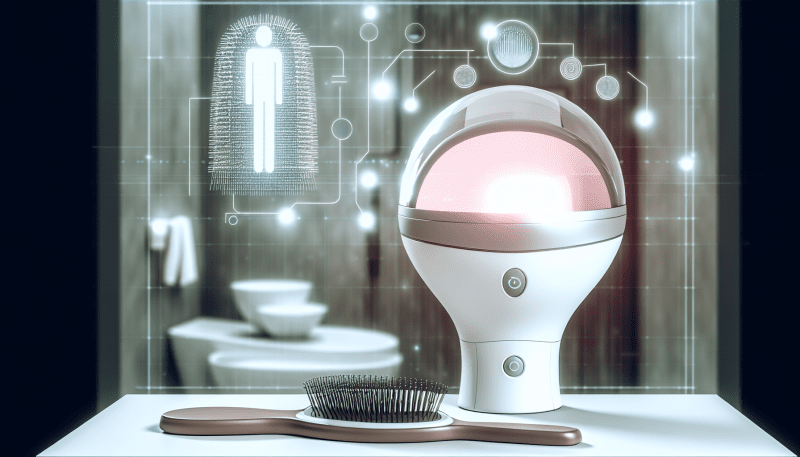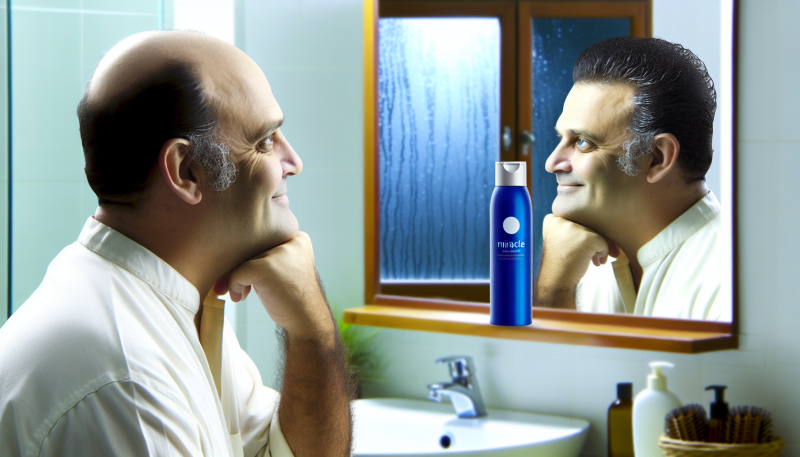Hair loss can feel overwhelming, but understanding what causes it is the first step toward managing it. There are several factors at play, and being aware of them can help you make informed choices to tackle the issue.
One of the most common causes of hair loss is genetics. If your parents or grandparents dealt with thinning hair, you might face the same challenge. This type of hair loss is known as androgenetic alopecia, and it can affect both men and women.
Hormonal changes can also lead to hair loss. Women often experience this during pregnancy, menopause, or when starting or stopping birth control. These shifts can impact hair growth cycles, leading to losing more hair than usual.
Stress is another factor that can contribute to hair loss. Whether it's due to work, personal issues, or other life challenges, prolonged stress may push hair follicles into a resting phase, causing increased shedding. Keeping stress in check through relaxation techniques or hobbies can help your hair health.
Lastly, poor nutrition plays a role, too. A diet lacking essential vitamins and minerals can lead to weaker hair. Ensure you're getting enough iron, zinc, and vitamins A and D to support hair health. Consider incorporating more fruits, vegetables, and whole grains into your meals for a boost!
Simple Daily Habits for Healthy Hair
When it comes to keeping your hair healthy, daily habits can make a big difference. Here are a few simple practices that can help you maintain healthy locks and maybe even boost your confidence in the fight against hair loss.
1. Gentle Washing: Washing your hair too often can strip it of natural oils, making it dry and brittle. Aim for every other day or every few days, depending on your hair type. And when you do wash, use a sulfate-free shampoo that’s gentle and nourishing.
2. Conditioner is Key: Always follow up shampooing with a good conditioner. Make sure to apply it mainly to the ends of your hair, where it tends to be the driest. Look for conditioners that contain moisturizing ingredients like aloe vera or coconut oil.
3. Scalp Care: A healthy scalp is the foundation for healthy hair. Massage your scalp gently when washing your hair. This can improve circulation and promote hair growth. Consider using a scalp treatment or oil occasionally for an extra boost.
4. Diet Matters: What you eat affects your hair too! Include plenty of protein, vitamins, and minerals in your diet. Foods like eggs, spinach, and avocados are not only good for your body but also help nourish your hair from the inside out.
Choosing the Right Products for You
When it comes to tackling hair loss, choosing the right products can feel overwhelming. With so many options out there, how do you know what’s best for you? Start by thinking about your specific needs. Do you want to promote hair growth, strengthen existing hair, or simply improve scalp health?
Here are some key things to consider:
Don't forget to read reviews too! Hearing from others who have tried a product can give you a clearer picture of what to expect. And remember, finding the right products might take a little time. Don't hesitate to experiment a bit until you find what feels amazing for you.
When to Consult a Hair Specialist
Experiencing hair loss can be distressing, and it’s totally normal to wonder when it’s time to see a hair specialist. If you notice a gradual thinning of your hair over time, or if you find more hair than usual on your brush or in the shower, it might be a good idea to consult a pro.
Another sign that it’s time to reach out for help is if you're noticing bald spots or patches on your scalp. This could signal conditions like alopecia areata, which a specialist can help diagnose and treat. Don't ignore changes in your hair's texture either; if your hair suddenly becomes brittle or starts breaking easily, it’s worth talking to someone who knows about hair health.
Also, if you’ve tried over-the-counter treatments but haven’t seen any improvement after a few months, it’s time to get a professional opinion. Hair specialists can offer tailored solutions that might work better for your unique situation. Remember, the earlier you get advice, the more options you have to address hair loss effectively.
Lastly, if hair loss is accompanied by other symptoms, like itching, redness, or changes in your scalp’s health, it's definitely a reason to seek help. Hair health is part of overall well-being, and a specialist can provide insights that go beyond hair care products.



